Morocco’s head of government, Aziz Akhannouch, speaking at the 80th UN General Assembly in New York, emphasized that the autonomy plan under Moroccan sovereignty stands as the only realistic and lasting solution to the Western Sahara dispute. He pointed out that a large number of countries now view Morocco’s proposal as the credible basis for ending decades of tension. These nations believe the plan offers a balance: granting local self-governance while recognizing Morocco’s territorial sovereignty.
Growing Diplomatic Endorsements from Africa and Latin America Boost Rabat’s Position
Countries in Africa and Latin America have recently reaffirmed their support for the Autonomy Plan. Kenya, for example, officially endorsed the plan in a joint statement with Morocco, calling it the only credible and realistic solution.
Meanwhile, Panama and Suriname reiterated their backing during the UN General Assembly, arguing that Morocco’s efforts to subsidize development and build infrastructure in the southern provinces prove its commitment to improving lives, not just politics. These affirmations add diplomatic weight to Morocco’s claim and increase pressure on other UN member states to clarify their positions.
Morocco Highlights Socio-Economic Transformation in Sahara to Strengthen Autonomy Argument
Morocco has invested heavily in its southern provinces, launching development programs, new infrastructure, and expanding local participation in elections. These efforts feature prominently in Morocco’s case at the UN. Akhannouch pointed to the Royal Atlantic initiatives and other development models that aim to make the Sahara region a platform for peace, security, and co-development.

By showing tangible improvements in healthcare, connectivity, and living standards, Morocco tries to turn diplomatic support into something grounded in everyday reality.
More than thirty countries now maintain consulates general in Laayoune and Dakhla, two major cities in the Moroccan Sahara. Morocco regards the opening of diplomatic missions there as an irrefutable proof that the international community largely accepts Moroccan sovereignty over these territories, at least in practice.
Implications for United Nations Process
Morocco’s strengthened global backing could shift the momentum in negotiations. The UN Security Council and the Personal Envoy for Western Sahara may find more international pressure to support the autonomy framework. Morocco hopes this leads to new UN Security Council resolutions or renewed political dialogue including all key parties.
Morocco and other states build on this diplomatic support with action, the country may draw closer to a lasting settlement of what once seemed a frozen dispute.


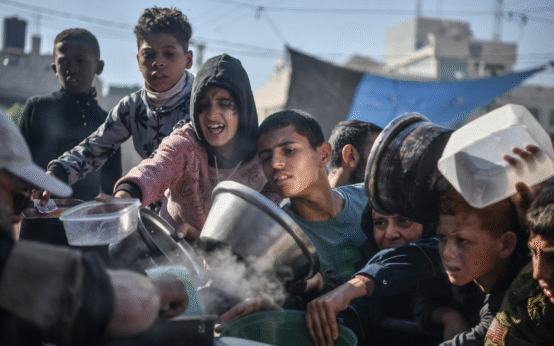 Pakistan Demands Urgent UN Action to End Gaza Crisis
Pakistan Demands Urgent UN Action to End Gaza Crisis 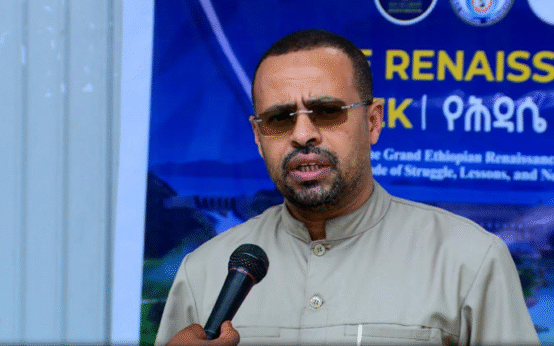 Ethiopia’s GERD Diplomacy Inspires African Nations
Ethiopia’s GERD Diplomacy Inspires African Nations 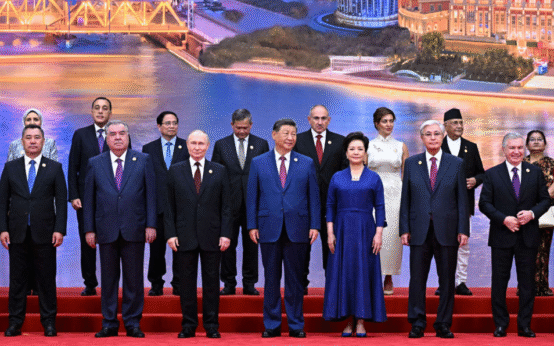 Russia and China join forces against the United States
Russia and China join forces against the United States 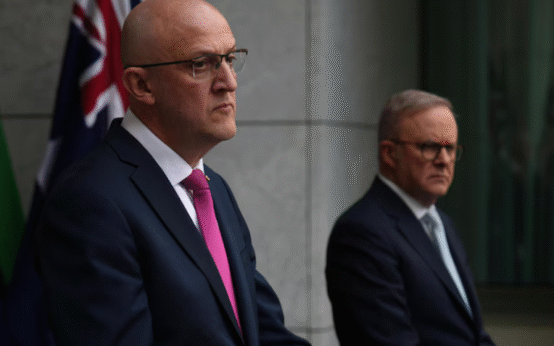 Australia expels Iranian diplomats over antisemitic attacks
Australia expels Iranian diplomats over antisemitic attacks 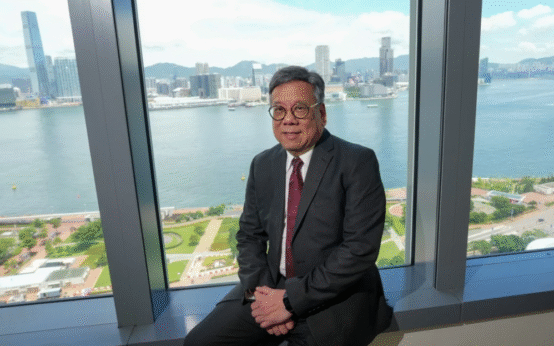 Hong Kong’s commerce chief to visit Singapore to bolster trade ties
Hong Kong’s commerce chief to visit Singapore to bolster trade ties 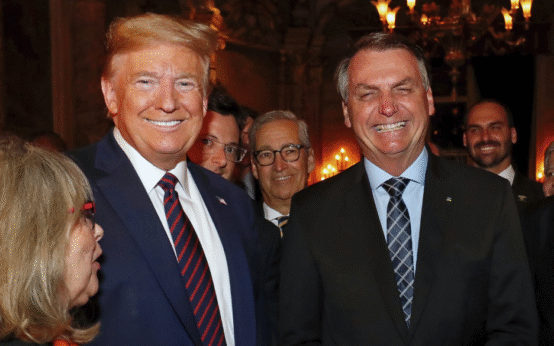 US-Brazil relations reach new low as spat intensifies
US-Brazil relations reach new low as spat intensifies